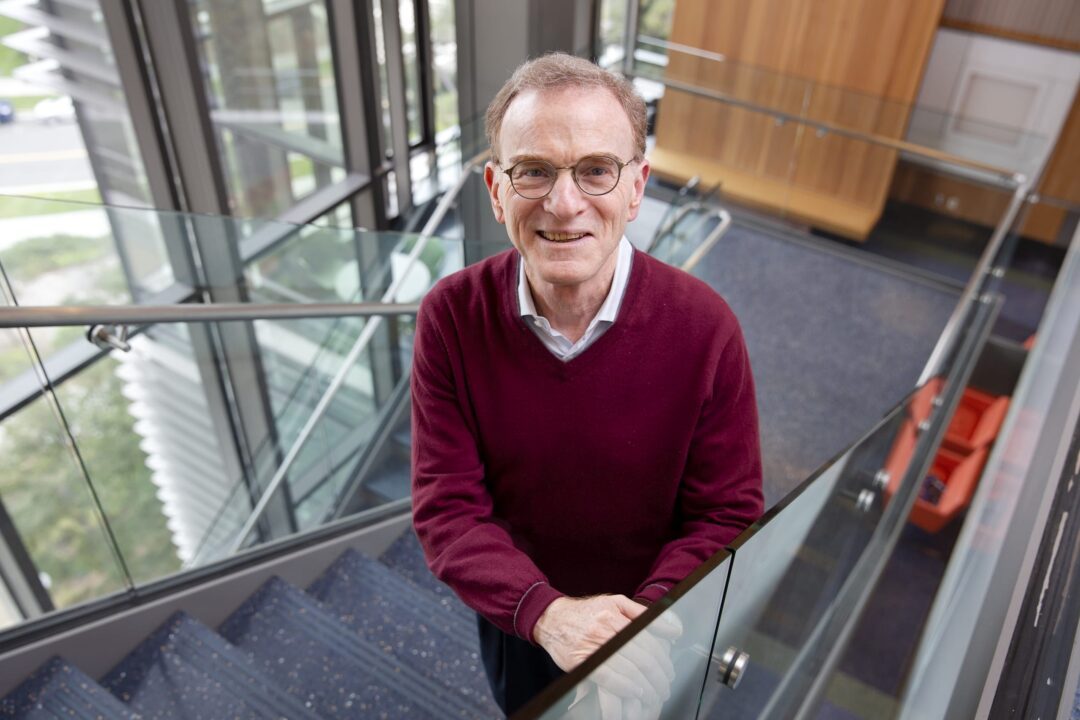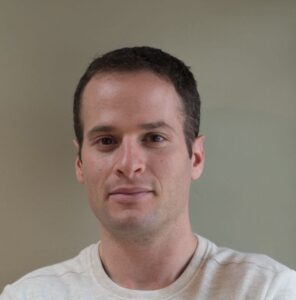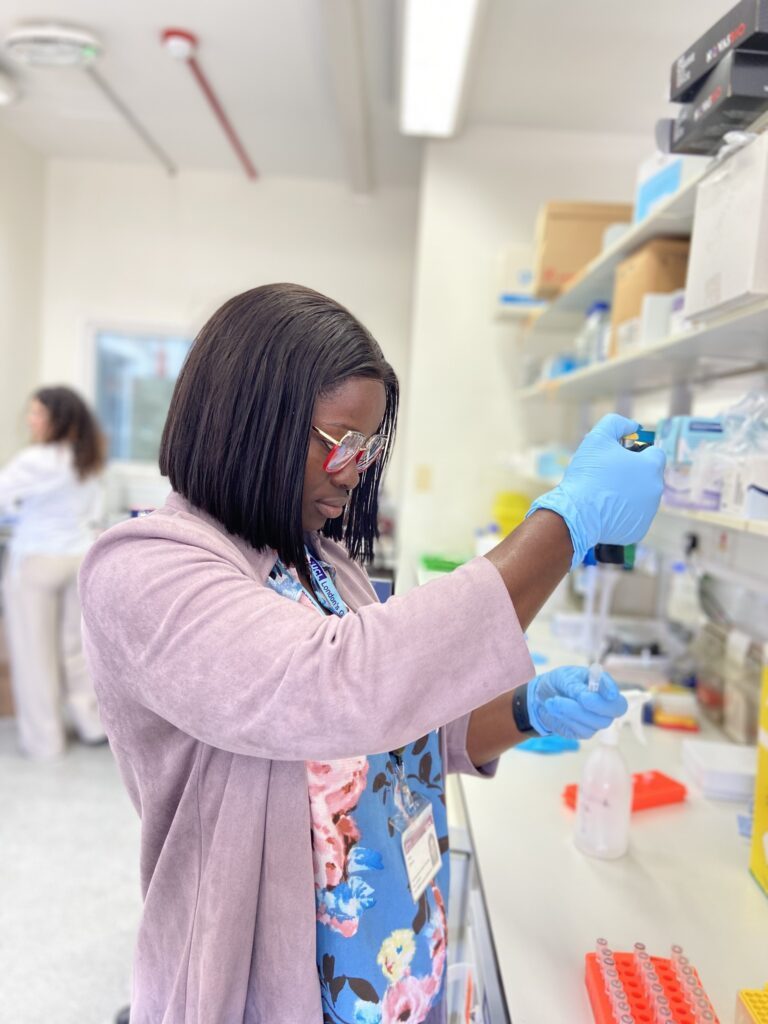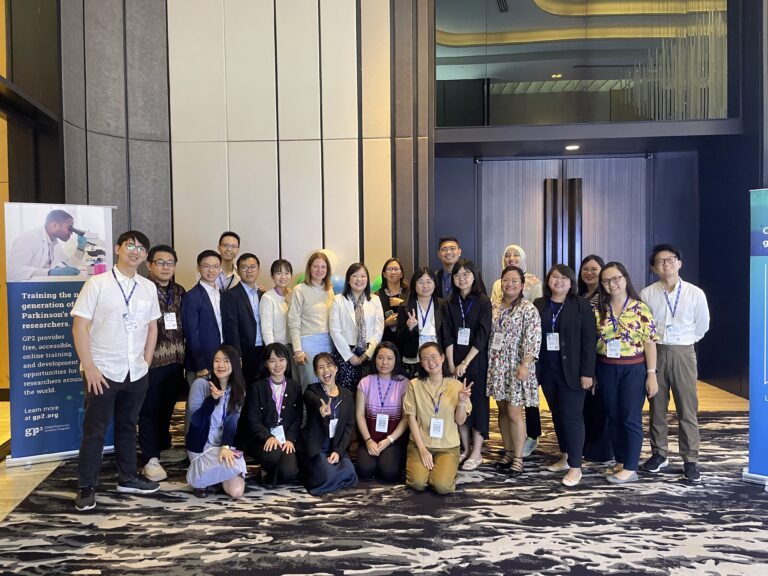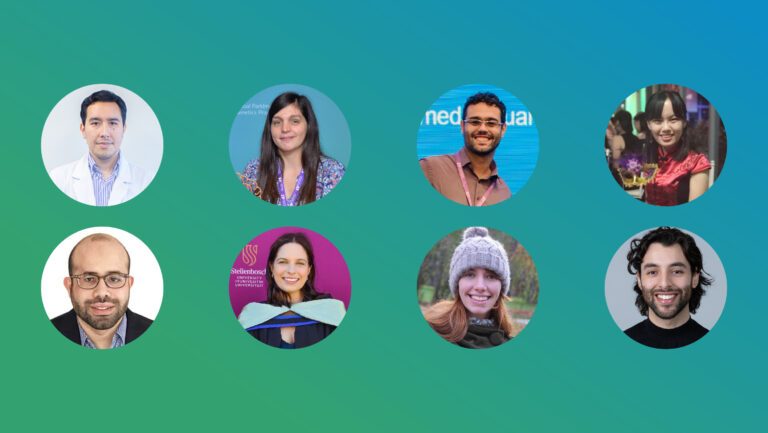Backed by a long-term commitment from the Sergey Brin Family Foundation, ASAP’s mandate is to foster collaboration and to direct resources toward better understanding the roots of Parkinson’s disease, with the goal of supporting downstream translational efforts.
ASAP is focusing its research efforts within three broad thematic areas, including 1) the biology of PD-associated genetics, 2) neuro-immune interactions, and 3) circuitry & brain-body interactions. The effort will also investigate the pre-symptomatic development of the disease across all three of these research domains in an effort to identify predictive biomarkers and potentially lead to preventative interventions.
In May of 2018 the group held a meeting inviting over 50 Parkinson’s experts from around the world to discuss what this roadmap should look like. Since then, the blueprint for organizing a collaborative, global effort to make progress in PD genetics research has started to become reality. In December 2019 ASAP’s first resource project was launched. The Global Parkinson’s Genetics Program (GP2) is a program which aims to genotype more than 150,000 volunteers around the world to further understand the genetic architecture of PD.
Ben Stecher, patient advocate and GP2 working group member, attended the meeting in 2018, after which Randy Schekman, chair of ASAP and nobel laureate, penned this letter which he asked Ben to share with the Parkinson’s community about this endeavor.
Dear Friends in the PD community,
As you have heard from Ben, the Sergey Brin Family Foundation has had a significant commitment to funding Parkinson’s research. Recently this effort has extended to the development of a program on the discovery of how PD begins and spreads to the brain and beyond. Sergey’s mother has a genetic form of PD which he inherited, and his former wife, Anne, started and sustains a deep involvement in the company 23andMe, a genetic testing service that you may have used to help identify the numerous genetic forms of PD. Sergey is committed to helping to conquer this disease that we all live with.
I am a basic scientist and have devoted my career to understanding how cells manufacture and export certain protein molecules. We now know that at least one genetic form of PD, the one that afflicts the Brin family, targets an enzyme that acts on a protein my lab discovered almost 40 years ago. Basic research has the power to uncover the secrets of nature that ultimately lead to the cures we seek for the clinic.
But my connection to PD is even more personal as my wife of 44 years died having suffered with PD for the past 20+ years.
After my wife died last year, George Pavlov, CEO of Bayshore Global Management, asked me to Chair the committee looking into a funding mechanism in support of PD research and I jumped at the opportunity to turn my grief into something positive. We just concluded an important meeting of key brain and PD scientists, and patient advocates, Ben included, where we discussed and occasionally argued about the highest priorities for this important work going forward. We reviewed the many avenues of progress on early symptoms of the disease, and the role of genetics, the immune system and brain networks in the progression of PD. Over the next months we will meet with other key funding agencies to map out a blueprint for the Brin Foundation effort to define the most important research goals and how to organize a collaborative effort to make meaningful progress.
I am committed to this program and promise you that my colleagues and I will deploy the power of basic science to discover the insights needed to develop more effective treatments and ultimately cures for the scourge of PD. In the meantime, you can help by attending to the habits of body and mind that are known to delay the progression of PD. Among these habits are a nutritious diet, regular exercise, and active engagement to stretch your brain by reading and communication with others.
I wish you well and ask that you stay tuned as our efforts go forward.
Randy Schekman
University Professor
University of California, Berkeley
Chair, Aligning Science Across Parkinson’s (ASAP) Initiative
This is an edited excerpt from Brain Fables by Alberto Espay & Benjamin Stecher

